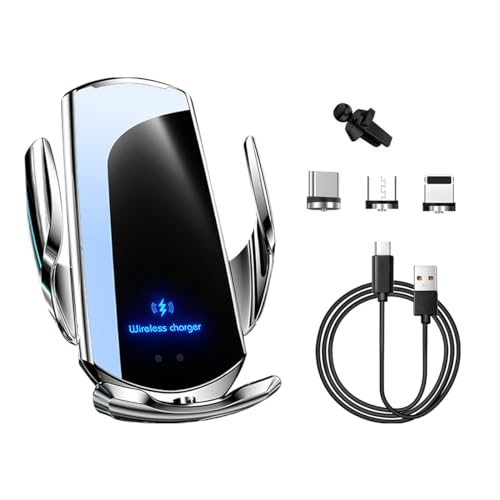I had a nice long talk with a representative at Toyota headquarters in Torrance a couple days ago.
I was able to confirm the definite existence of one Charge Timer bug related to the end of month, on the long months ending in 31, as evidenced by the 3 people above. If you search for my history in this thread, you'll note that I also posted failures on Jan 31st and Mar 31st. The bug is being worked by engineers at the moment with a fix pending.
I inquired about existing updates out in the field. The only thing I was able to glean was that those were to address compatibility issues with 3rd party chargers (read non-Leviton 40amp), and chargers with timers on the EVSE - so none of those updates would help me.
He could not confirm whether there were any bugs relating to charge timer failure on a 240V EVSE after charging on a 120V charger earlier in the day. Though he did want to get information so that he could pass it along to the engineering team for review.
I would be pretty darn happy if I could get the end of month fix as that seems to be the predominant issue I'm experiencing.
I was able to confirm the definite existence of one Charge Timer bug related to the end of month, on the long months ending in 31, as evidenced by the 3 people above. If you search for my history in this thread, you'll note that I also posted failures on Jan 31st and Mar 31st. The bug is being worked by engineers at the moment with a fix pending.
I inquired about existing updates out in the field. The only thing I was able to glean was that those were to address compatibility issues with 3rd party chargers (read non-Leviton 40amp), and chargers with timers on the EVSE - so none of those updates would help me.
He could not confirm whether there were any bugs relating to charge timer failure on a 240V EVSE after charging on a 120V charger earlier in the day. Though he did want to get information so that he could pass it along to the engineering team for review.
I would be pretty darn happy if I could get the end of month fix as that seems to be the predominant issue I'm experiencing.
























